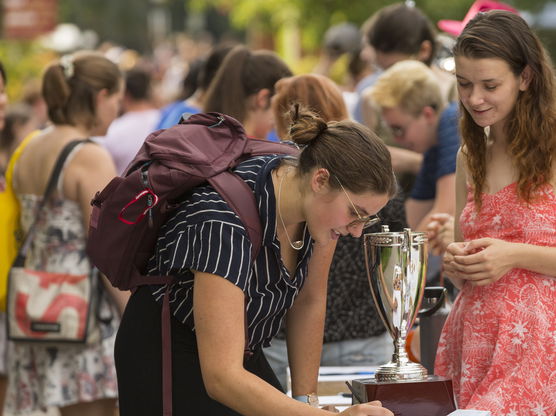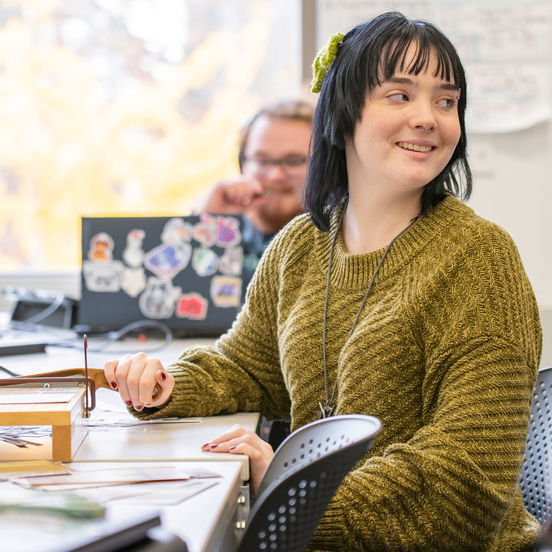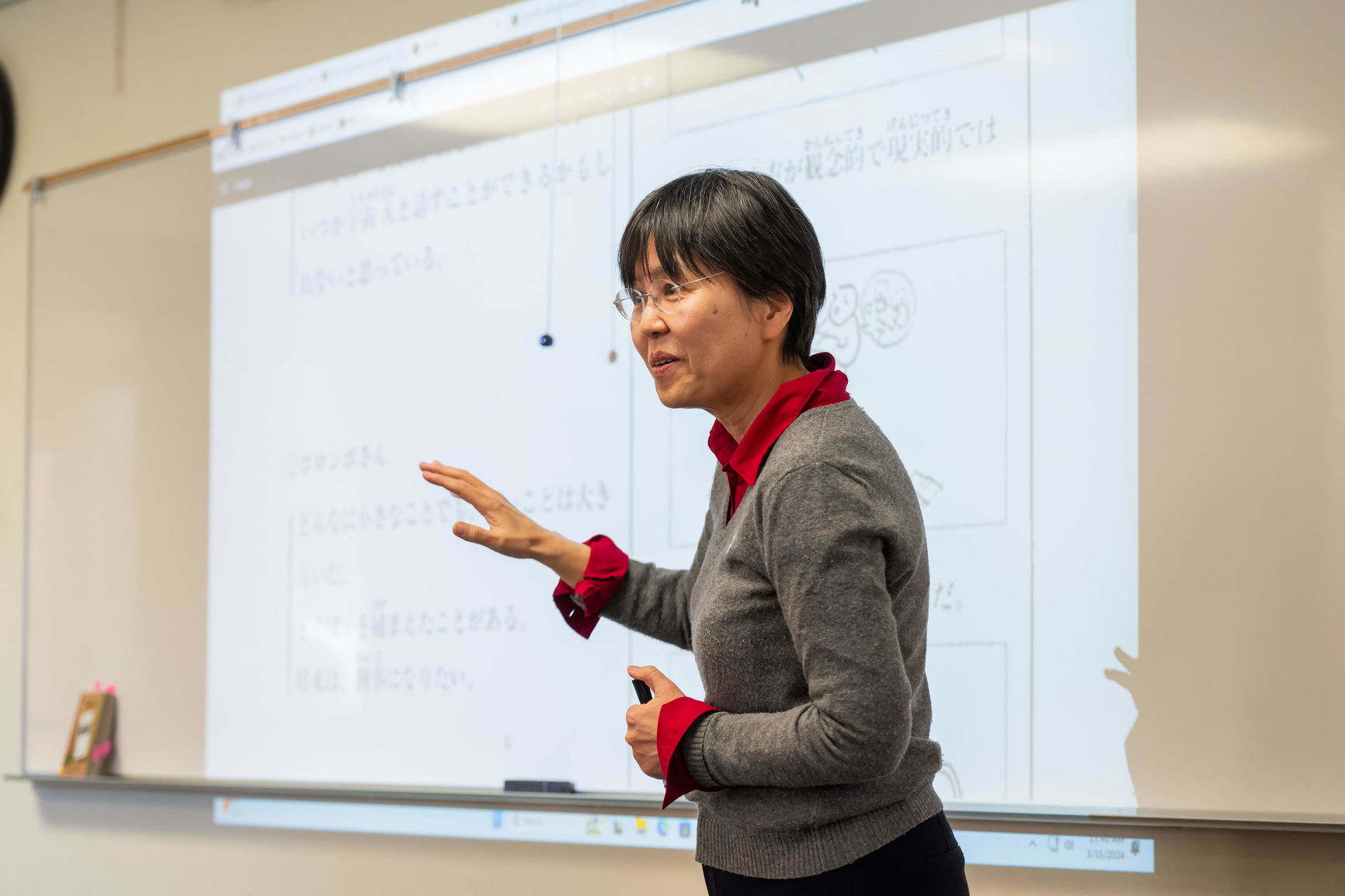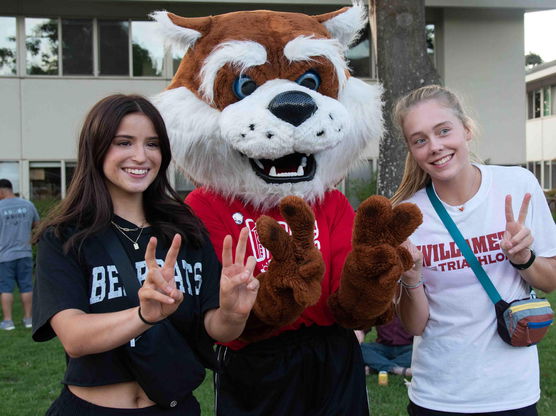Clubs & Organizations

Our diverse programs offer endless possibilities to help you discover your path.



TOOLS & RESOURCES


LEARN MORE
Willamette University